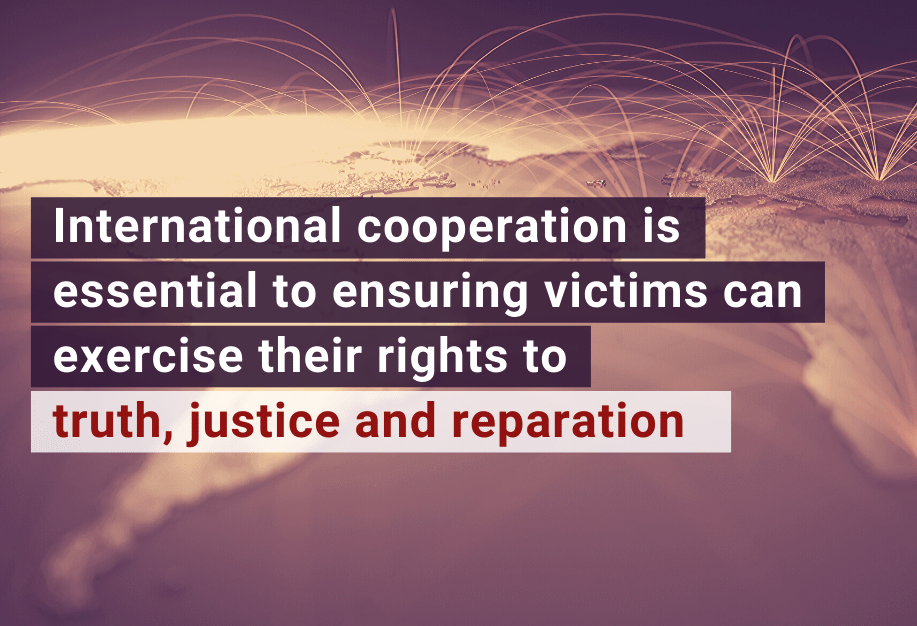
New Treaty Must Include Provisions on Asset Recovery to Provide Reparations to Victims
An NGO coalition has called on States to include provisions on asset recovery in a new multilateral treaty that is being drafted and which seeks to improve international cooperation in the domestic prosecution of serious international crimes. Doing so would enhance opportunities to secure the payment of reparations for victims through freezing and seizing the assets of perpetrators of crimes such as genocide, war crimes, and crimes against humanity.
Perpetrators of international crimes often acquire significant wealth through nefarious means, including through corruption perpetuated through human rights abuses. This wealth is then used to fund their criminality, while evading the payment of reparations to their victims, who often lack the means to rebuild their lives, the NGO submission states.
Yet, jurisdictions in many countries are finding ways to confiscate or forfeit the assets of perpetrators of international crimes in order to provide reparations for victims. Following this trend, the NGO submission suggests specific provisions that could be included in the treaty to encourage States to facilitate the transfer of property or assets for the purpose of providing reparations to victims.
Increased State cooperation in asset recovery would help uphold victims’ rights to reparations; impede that perpetrators profit from their illicit conduct and evade accountability and ease the financial burden on States to comply with their obligation to provide reparations to victims of international crimes.
The submission is signed by the NGOs Amnesty International, Civitas Maxima, the European Center for Constitutional and Human Rights, the Global Survivors Fund, Human Rights Watch, REDRESS, TRIAL International and Women’s Initiatives for Gender Justice, and the law firm Hogan Lovells.
What is the MLA Initiative?
Recent decades have seen increased efforts at the national level to investigate and prosecute individuals and companies responsible for the most serious international crimes. Since 2011, a group of States has advocated for a new multilateral treaty to enhance cooperation between States in the investigation and prosecution of serious international crimes. This Mutual Legal Assistance (MLA Initiative) is currently supported by over 70 countries from all regions of the world.
Civil society organisations have welcomed and are closely following the MLA Initiative, as the treaty provides an opportunity to strengthen the legal framework to fight against impunity in relation to international crimes, by lessening the obstacles national authorities face in gaining access to suspects, witnesses, evidence and assets located beyond their borders.
REDRESS has worked with other organisations in previous submissions to the States leading the MLA Initiative, including to urge them to include stronger provisions that reaffirm victims’ rights and recognise the crucial role they play in the investigation and prosecution of serious international crimes. We have also call on States to prioritise victims’ rights.
